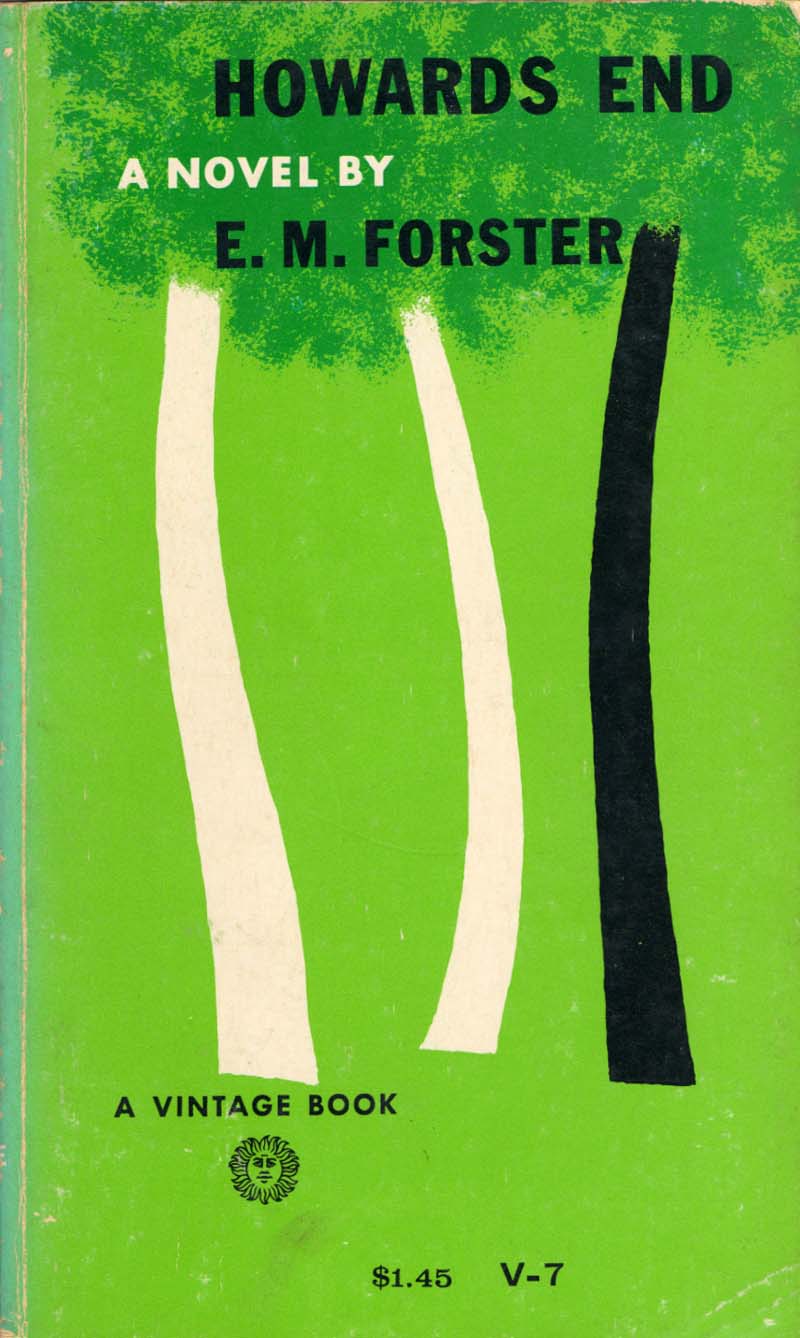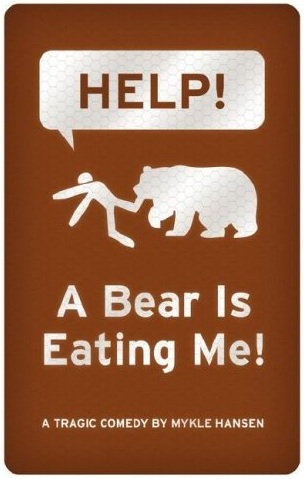
Levithan’s debut to the adult fiction world is The Lover’s Dictionary. It’s a novel written one definition at a time, A to Z, one definition to a page at 211 pages. Some of the entries are short, just statements. Some favorites:
celibacy, n. n/a.
exacerbate, v. I believe your exact words were: “You’re getting too emotional.”
vagary, n. The mistake is thinking there can be an antidote to the uncertainty.
Some of the definitions are full on stories… Think flash fiction or vignettes. My favorite is for offshoot, where he details going to a concert with his girl friend’s best friend. He feels like they’re doing something wrong if they discuss the one shared thing in their life (being his lover) without her being there, but they don’t have any other common ground, so the stories start flowing. At the end of it:
It wasn’t like we held hands during the concert. We didn’t go out for wine or
shots or milkshakes afterwards. But I liked that she was no longer entirely
yours. We had four hours of history without you.
Sacrosanct, adj. The nape of your neck. Even the sound of the word nape sounds holy to me. That the hollow of your neck, the peak of your chest that your shirt sometimes reveals. These are the stations of my quietest, most insistent desire.
The ease that Levithan navigates with through his chosen (and tricky) format seems to be seamless. One moment, he’s throwing out statements about relationships that seem universally true in ways that hit you because of their humor or the eloquence or their perfect placement. The next moment, he’s fleshing out one couple’s particular details. I feel like in the wrong hands, the format would have felt like a gimmick. In this particular case, though, I feel like he delivers exactly what you need to know: all of the hard hitting moments and truths, good and bad, without the transitional fluff that usually carries you from one page to the next. That, or maybe I just liked it so much because I’ve been feeling too distracted to devote myself to anything that required an actual commitment of time and rapt attention. There’s no telling.
It’s a very modern love story. They meet online after he’s been on so many poor blind dates that he’s ready to cancel his subscription, just to realize he’s only got eight days left and there’s really no point in trying to pull out so close to the end of it. On the second to last day, that first e-mail is sent. Eventually they have to figure out whether or not they’re exclusive. They do all the typical get-to-know-your-partner things. Navigate through awkward silences. Get comfortable. She drinks too much. He’s insecure. Sometimes things happen in just the right way and they are momentarily awed by one another again. They decide to move in together. She cheats. They cope. There's also a small bit about a pregnancy that's alluded to in the beginning and once again at the end that we don't seem to have any kind of resolution for, unless I'm missing something. The storyline isn’t anything much in and of itself but I very much appreciated the way that it was delivered.
The one thing that I’m not too sure about is Levithan’s use of pop culture references. He writes about Vampire Weekend, throws out something about Green Day’s American Idiots tour in passing, etc. Maybe I’m just missing the genius of some of the bands he nods to, but I think I’d be more comfortable if he was using people/groups that have already proven they’d have lasting name recognition. I love Bon Iver right now, but you’re not going to find any of the characters in my short stories talking about them, you know what I mean? I don’t know. I guess I just thought it was ballsy. There was a Prince reference, however, that I liked:
non sequitur, n. This is what it sounds like when doves cry.
The only thing I would like better than this book as is if John Cusak could turn it into a one man stage act, which I think would be overwhelmingly appropriate.




